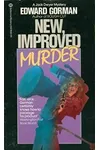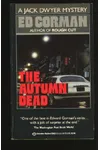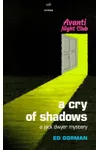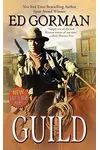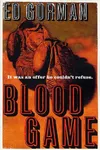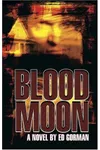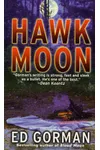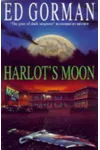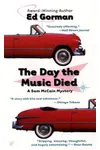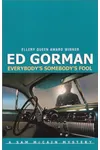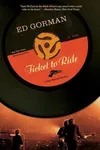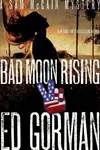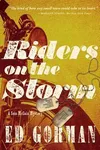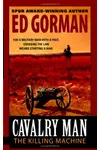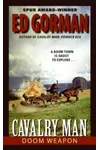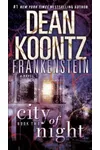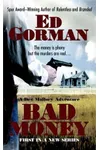Picture an American storyteller who spun tales of small-town secrets with a thrilling twist—meet Ed Gorman! Born in Cedar Rapids, Iowa, in 1941, Gorman was a master of mystery, crime, western, and horror fiction, weaving narratives that captured the heart and grit of the Midwest. His knack for blending real-world experience with suspense earned him a loyal following and critical acclaim until his passing in 2016.
With a career spanning decades, Gorman’s stories weren’t just page-turners—they were windows into the human condition, set against the backdrop of places like the fictional Black River Falls. Ready to dive into the world of a writer who made the ordinary extraordinary? Let’s explore Ed Gorman’s life and legacy!
The Making of Ed Gorman
Edward Joseph Gorman Jr. grew up in Cedar Rapids, Iowa, where his love for storytelling took root early. As a kid, he devoured comic books and thrillers, hiding paperbacks behind textbooks in class. Before becoming a full-time writer, Gorman spent over 20 years in advertising and public relations, crafting political speeches and industrial films. In 1984, he took a leap of faith, publishing his debut novel, Rough Cut, and never looked back, thanks in part to the support of his wife, Carol, a children’s author and teacher.
Influenced by the likes of Raymond Chandler and Ray Bradbury, Gorman’s Midwestern upbringing shaped his voice. His stories often reflected the quiet charm and hidden tensions of small towns, drawing from his experiences in Iowa and beyond, including stints in Chicago and Minneapolis.
Ed Gorman’s Unforgettable Stories
Gorman’s bibliography is a treasure trove of genre-blending brilliance, with over 30 novels and countless short stories. His Sam McCain series, set in 1950s and 60s Black River Falls, Iowa, follows a young lawyer-turned-PI navigating murder and Cold War paranoia. Books like The Day the Music Died blend nostalgia with gritty whodunits, earning praise for their evocative settings.
In the crime realm, The Poker Club (later adapted into a 2008 film) explores vigilante justice gone wrong, showcasing Gorman’s knack for dark suspense. His westerns, like Guild, brought hard-boiled edge to the frontier, while horror works like Cage of Night delivered chilling, macabre twists. Gorman’s style—lean, character-driven, and emotionally resonant—earned him labels like “the poet of dark suspense” from The Bloomsbury Review.
As an anthologist, Gorman co-edited collections like The World’s Finest Mystery and Crime Stories, championing new voices alongside giants like Joyce Carol Oates. His work with Mystery Scene magazine, which he co-founded in 1985, further cemented his influence, offering a platform for genre enthusiasts.
Why Ed Gorman Matters
Ed Gorman’s impact transcends his page count. His ability to humanize flawed characters and root stories in relatable settings made his work timeless. He mentored countless writers, often giving newcomers their start in his anthologies, and his warm, witty personality endeared him to peers. Awards like the Shamus, Spur, and International Horror Guild honors reflect his versatility, while his Life Achievement Award from the Private Eye Writers of America underscores his legacy.
Gorman’s stories continue to resonate, offering a lens into the complexities of small-town life and the shadows beneath. His contributions to mystery and crime fiction, paired with his genre-blending innovation, ensure his place as a beloved figure in American literature.
About Ed Gorman
- Born: November 2, 1941, Cedar Rapids, Iowa
- Key Works: The Day the Music Died, The Poker Club, Cage of Night
- Awards: Shamus, Spur, International Horror Guild, Life Achievement Award
- Died: October 14, 2016
Snag The Day the Music Died and dive into Ed Gorman’s thrilling world of mystery and heart—your next favorite read awaits!
